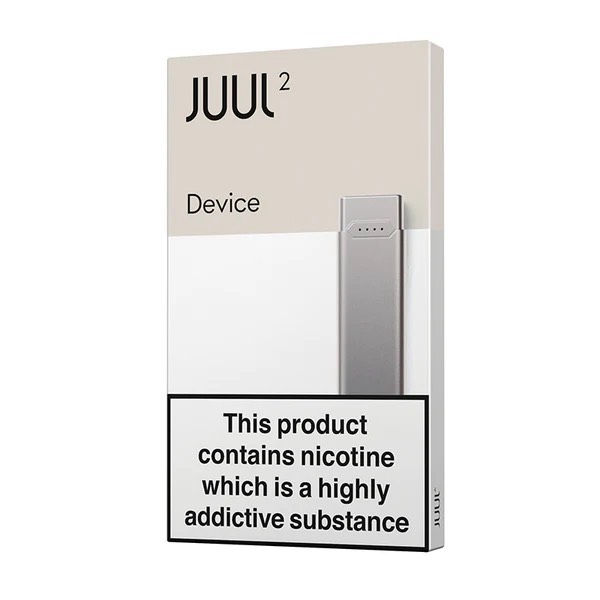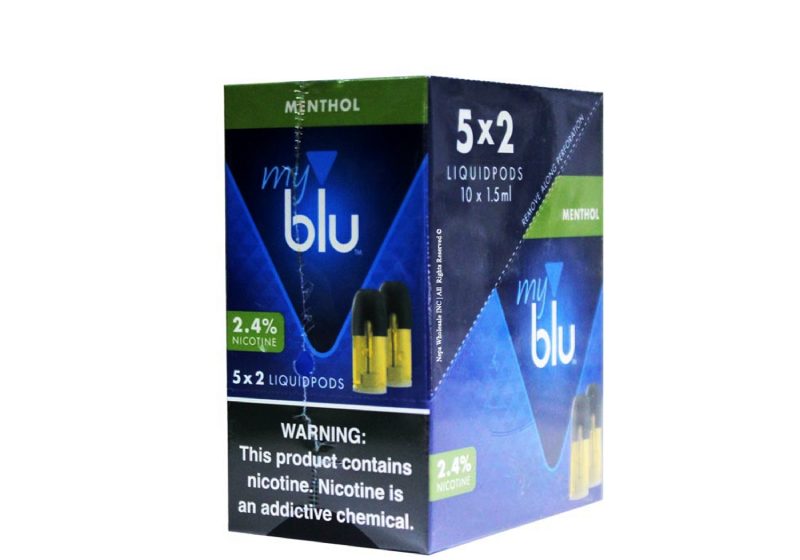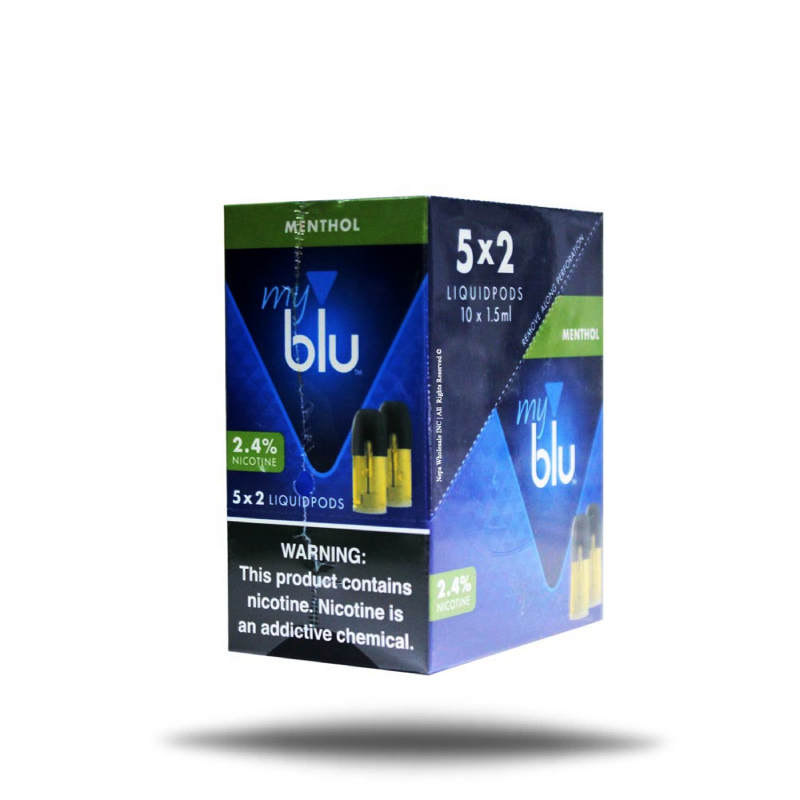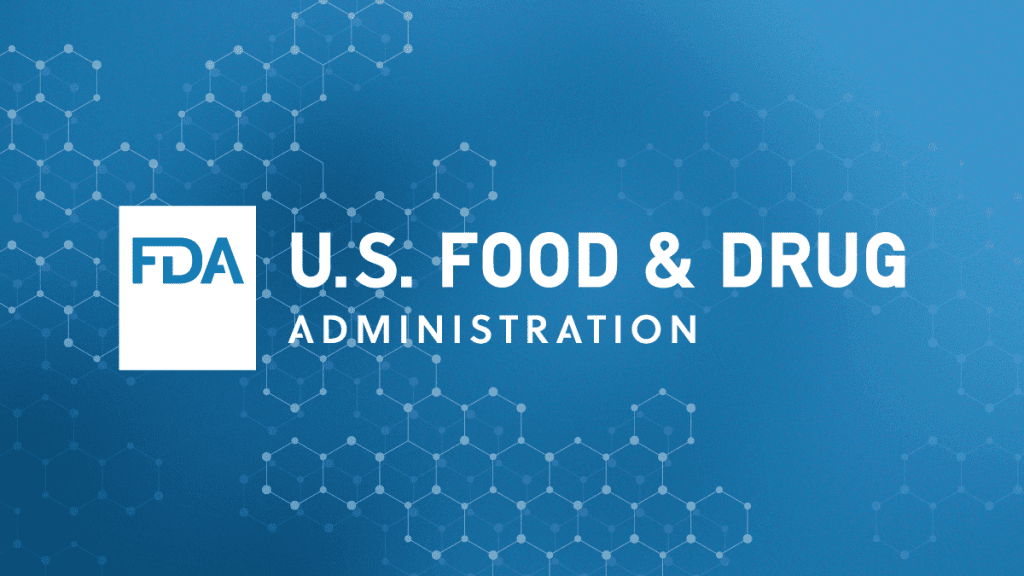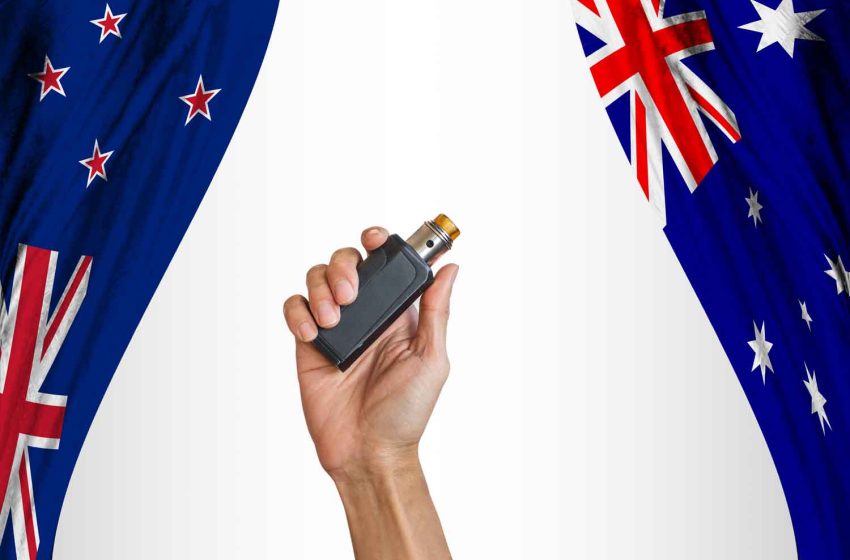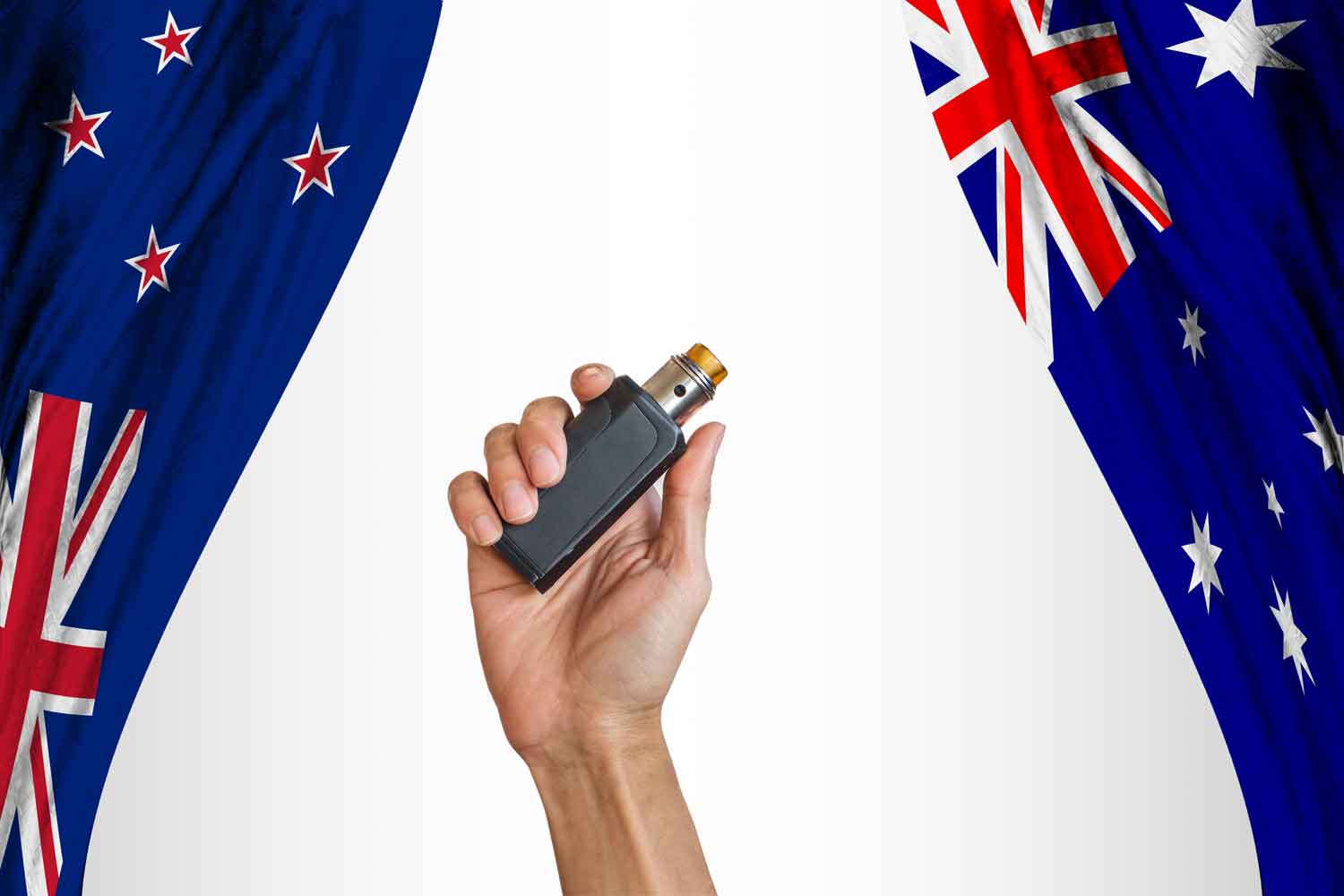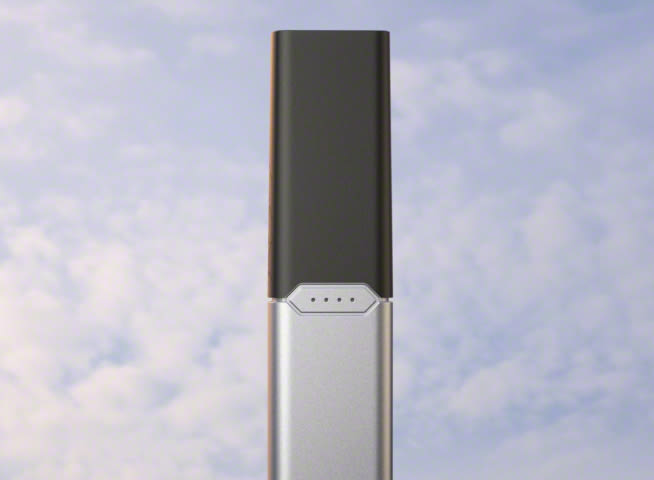
Juul Labs has submitted a premarket tobacco product application (PMTA) for its next-generation vapor platform to the U.S. Food and Drug Administration. The company says its submission includes comprehensive science and evidence for a new device and new tobacco-flavored pods at 18 mg/mL nicotine concentration, as well as information on novel, data-driven technologies to restrict underage access.
“Our company DNA is product innovation,” said Chief Product Officer Kirk Phelps in a statement. “With our next-generation platform, we have designed a technological solution for two public-health problems: improving adult-smoker switching from combustible cigarettes and restricting underage access to vapor products. This is only the beginning of new tech being developed and refined for the U.S. market and abroad to eliminate combustible cigarettes and combat underage use.”
Launched initially in the U.K. in 2021 as the JUUL2 System, the new vapor platform delivers an improved vapor experience for adult smokers, utilizes unique Pod ID authentication to address illicit products and incorporates age-verification technology capabilities.

Our next-generation vapor platform PMTA is built on new technology that advances public-health objectives and compelling science that demonstrates a clear public-health benefit, as required to secure a marketing authorization.
Joe Murillo, chief regulatory officer, Juul Labs
According to Juul, features of the next-generation platform include:
- A more consistent vapor experience that better competes with combustible cigarettes
- A Bluetooth-enabled device with a larger, long-lasting battery and a “smart light system” that communicates battery life and e-liquid level to the user
- Newly designed, tamper-resistant pods that enable improved aerosol delivery
- An innovative heating element that improves product performance and temperature-control precision
- A unique Pod ID chip that, among other tech capabilities, prevents the use of illicit counterfeit and compatible pods with the next-generation device
- A mobile and web-based app that enables age-verification technology, including device-locking, and real-time product information and usage insights for age-verified consumers with industry-leading data-privacy protections
Initial behavioral research of the new platform in the U.K. has demonstrated compelling adoption and switching among adult smokers. Over 32 percent of JUUL2 System users had switched completely from combustible cigarettes six months after purchasing the product. While the currently marketed Juul System has switched over 2 million adult smokers in the U.S., the company looks forward to bringing this new technology to over 28 million adult smokers in the country who continue to smoke combustible cigarettes.
“Our next-generation vapor platform PMTA is built on new technology that advances public-health objectives and compelling science that demonstrates a clear public-health benefit, as required to secure a marketing authorization,” said Juul Chief Regulatory Officer Joe Murillo. “We look forward to engaging with FDA throughout the review process while we pursue this important harm-reduction opportunity.”
Juul said it continues to pursue its administrative appeal of the FDA’s stayed decision for the Juul System and believes that it too will receive marketing authorization once a decision is made on science and evidence.
